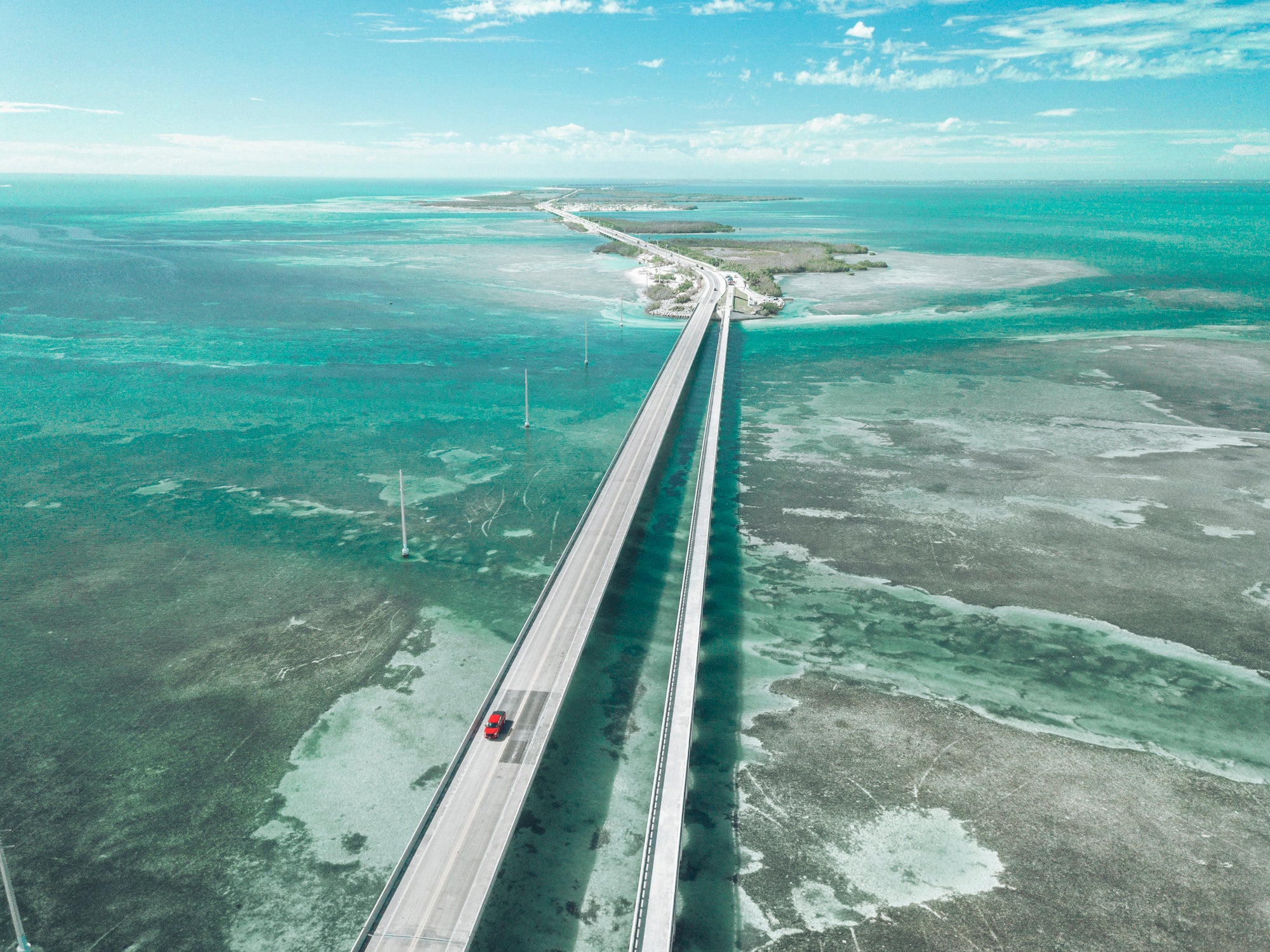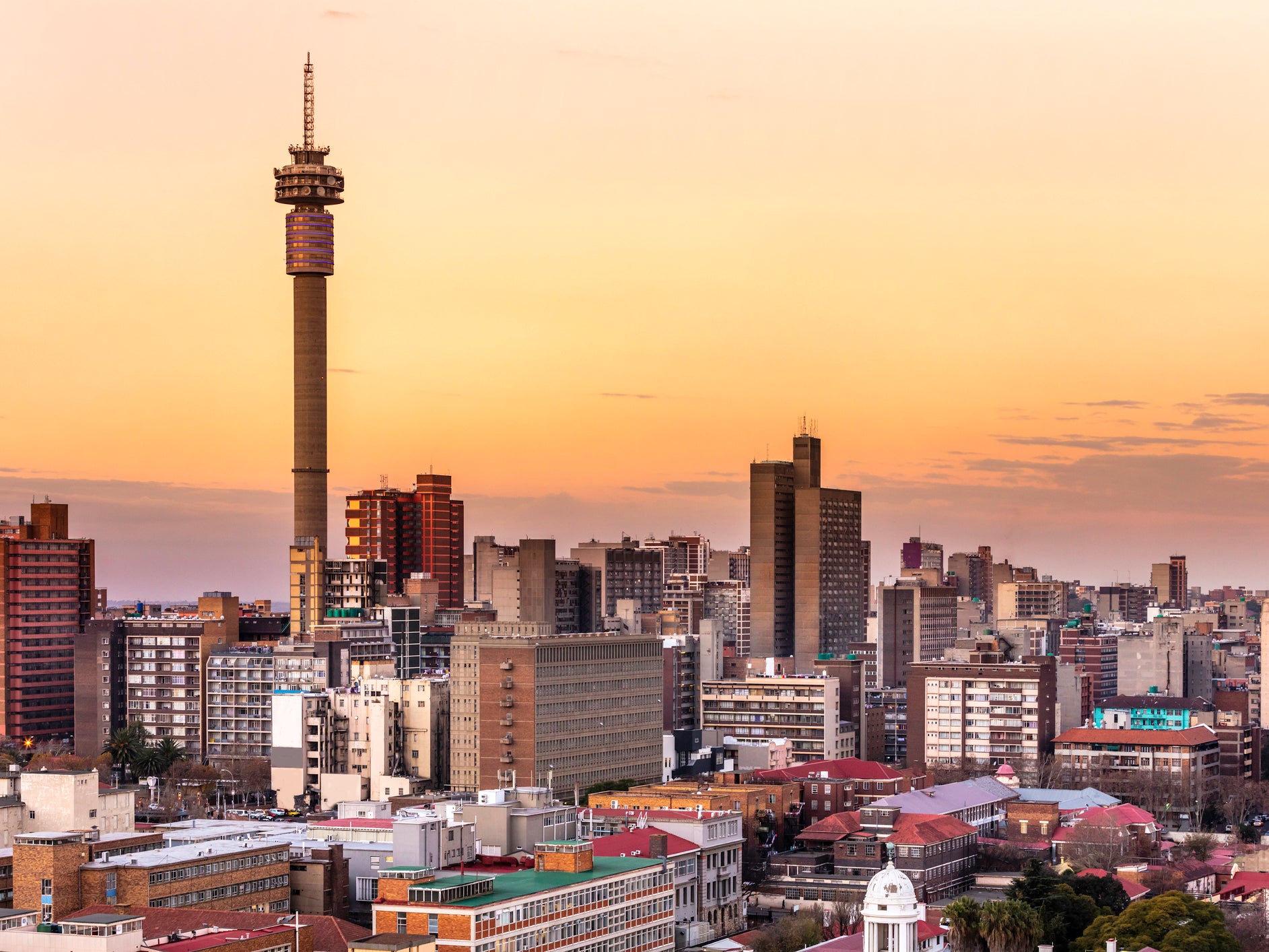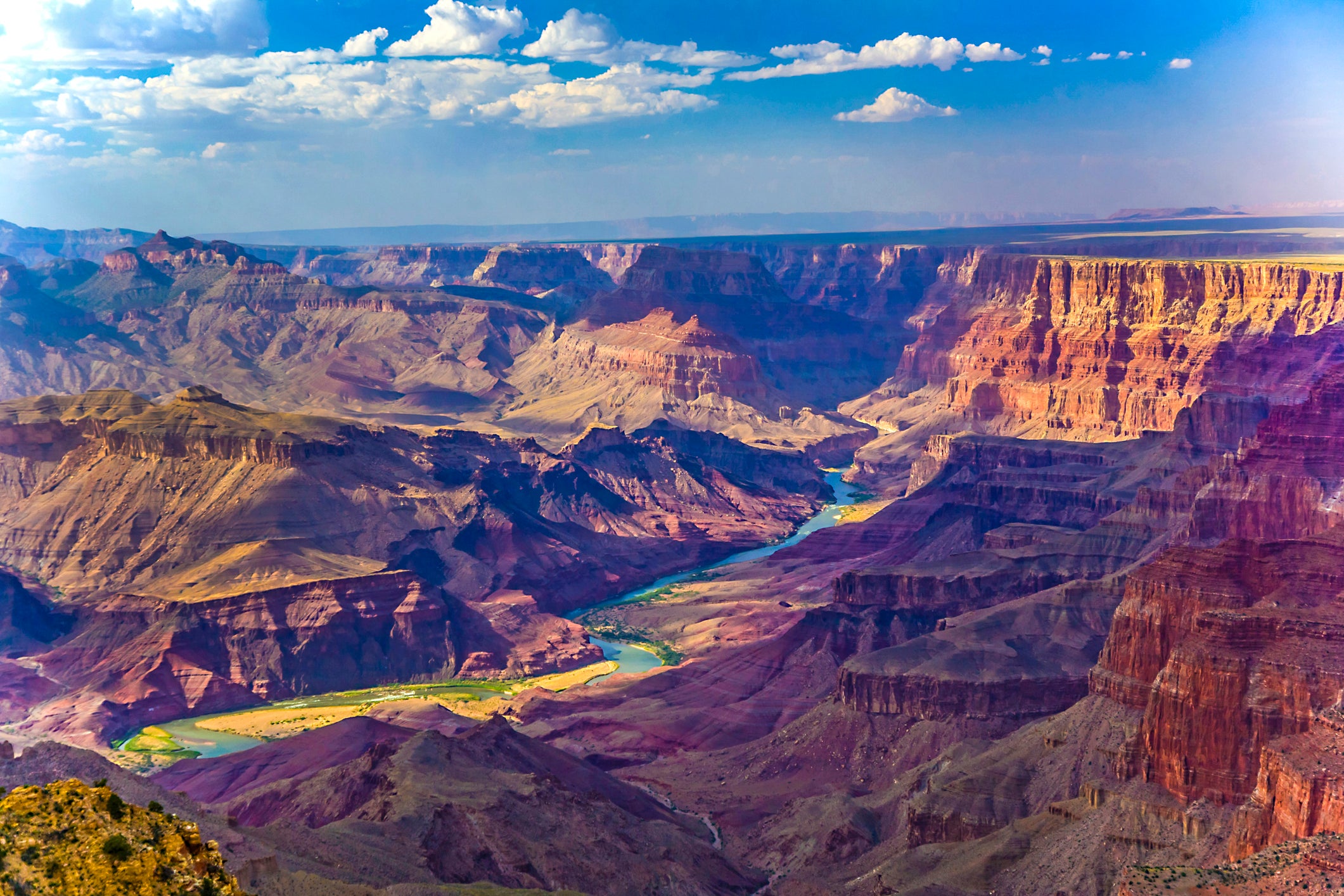How can we keep costs down on US car hire?
Simon Calder answers your questions on renting vehicles, hotel quarantine, American visas and whether you can indulge in a baguette while travelling on a French train


Q We cancelled a hire car booking for a three-week trip to Florida back in 2020, which was going to cost £680 for an SUV. Now we are replanning the trip for 2022 and hire car rates are through the roof due to a shortage of vehicles at firms, which sold them off to stay afloat during the pandemic. The cost for a three-week trip in the summer of 2022 is now a staggering £1,900 for an SUV, even after significant shopping around. I have made the booking with free cancellation and am hoping to be able to rebook something cheaper next year. Any suggestions for what else we might do?
Name supplied
A Car rental rates certainly have risen. For my trip to Florida next week, even a small car is going to cost me £75 per day. At that price, £110 per day for an SUV doesn’t look too bad – and I would keep your penalty-free booking live. The soaring rates are a complete reversal of the picture before the coronavirus pandemic, when hiring a car was excellent value with thriving competition.
But as the Covid-19 crisis crushed the car rental business, inevitably vehicles were sold off – and, more importantly, not replaced at the usual pace. As with airlines, keeping a lid on capacity is an excellent way to drive prices up. Predictions are always difficult – especially, as people say, when they are about the future. I think it fairly likely that competition will build by next summer, and you may find a better deal. But meanwhile some thoughts about how to keep rates down.
1 Don’t pick up at the airport – the extra fee and additional taxes can easily add 15 per cent to the cost of a rental compared with a downtown/off-airport location. While an airport pick-up may well be worthwhile if it’s a short rental of a small car, for your three-week SUV extravaganza the premium may make the difference of £150.
2 Is your rental car really necessary for the duration of your trip? If you were to fly into San Francisco, for example, and spend a few days there, a rental car would simply be an expensive liability. Only hire a vehicle for the days for which you need the mobility a car can offer.
3 When you pick up the car, avoid further financial damage by steadfastly declining all extras. It’s actually worth discreetly recording the transaction (eg on voice notes on your phone) and saying loudly and repeatedly: “I don’t require any extras or upgrades.” Last time I rented at San Diego, I failed to do this and was stung for an upgrade I didn’t know I had accepted.

Q I am friends with a person who has a visual disability and is currently visiting family in South Africa and is due to return in a week. I don't know how he will cope alone in a quarantine hotel and the £2,285 fee is frankly, quite terrifying. What can you suggest?
Name supplied
A Like thousands of other people who have been affected by the sudden reimposition of “red list” status for six southern African countries, your friend is in a stressful and upsetting situation. Anyone arriving in the UK from South Africa or its neighbours from 4am on Sunday morning will need to go into hotel quarantine for 11 nights, at cost – as you say – of £2,285 for a solo traveller.
As investigations continue into the B.1.1.529 variant, there is understandably no indication when the red list might end. It could all be over quickly; about a year ago there were extreme concerns about a mutation of Covid-19 spreading from mink to humans in Denmark, which resulted in an immediate flight ban and imposition of strict quarantine measures. A few weeks later it was discounted as a significant risk and everything returned to normal. So sitting things out until after Christmas is a good bet, if he is able to be flexible about timing. His airline should allow him to reschedule without penalty, though inbound flights will be in demand as soon as the red list rating is relaxed.
If, though, he needs to come home before the hotel quarantine requirement is lifted, it is fairly straightforward to “launder” red list status legally and responsibly. He travels to a third country that does not have a ban in place for arrivals from South Africa, and stays there for 10 full days.
Turkey is currently an obvious choice, with frequent flights on Turkish Airlines from South Africa to Istanbul. It is a great and welcoming city, and costs will be reasonably low. You might even want to join him for some or all of the stay.
On the 11th day after leaving South Africa, he can take the fairly short flight to the UK.
Even with the need to buy a new flight and pay for a hotel for 10 or 11 nights, it will work out far cheaper and less stressful than hotel quarantine.

Q We are planning to visit the US next October. Can we get the visa before the plane ticket? Or do we need the plane ticket first?
Danny M
A I applaud you planning your trip so far in advance: anticipation should be a valuable element of any journey. Fortunately, because you are looking at travelling there is no pressing need to commit to any element of your trip for a while. So if anything crops up in the next 10 or 11 months – whether personal, professional or Covid-related – you won’t have to tackle the difficult and (usually) expensive business of unravelling arrangements. “Masterful inactivity” is my recommendation for a trip like yours. Do nothing until July or August 2022, when you can apply for an “Esta” – short for the Electronic System for Travel Authorisation. This is the online permit you need for a visit of up to 90 days. Apply at esta.cbp.dhs.gov – other portals may appear in an online search, but these will charge excessive fees. The proper fee is $14 (£10.50).
In your application, you can include the expected date of travel and a place you plan to stay on arrival. These can subsequently be changed if necessary.
Apply for your Esta in advance of booking flights, because all manner of pitfalls can stand between you and a successful application. For example, you must answer the question: “Have you ever been arrested or convicted for a crime that resulted in serious damage to property, or serious harm to another person or government authority?” Besides people who have been convicted, anyone who has been arrested but released without charge (or found not guilty) is expected to answer “yes”. Assuming you are in neither category, it is possible that you may be in the unfortunate position of sharing a name with a wanted criminal or “person of interest” – again, a potential reason for being refused, even though it is completely beyond your control. Or your departure from the US on a previous trip may have been misrecorded, with suspicion that you have overstayed.
If you are refused an Esta you can still apply for an American visa, but it is a complex and expensive business – and you may decide that the process is simply not worth it for a holiday.
In the very likely event that your Esta is granted within a few hours or a couple of days, you can then start booking your trip. I predict that in August a number of airlines will have “seat sales”, aimed at stimulating leisure bookings for the autumn. That is when I would be looking to book.

Q Our family are going to France next month, assuming no further bans on overseas visitors. The normal family policy is to buy a whole load of delicious French food and eat it on the TGV. But I know they are much more strict about masks than we are.
What is the French Covid policy with regard to eating on the trains? If we take our masks off to start chomping on charcuterie, will we be drummed off the train in manacles? I have searched and searched online and cannot find the answer.
Thomas A
A SNCF (French Railways) stipulates: “When you travel you must wear a mask throughout your journey. If you don’t wear a mask, you are subject to a €135 [£114] fine.” The rule applies to everyone aged 11 or over, and includes stations as well as the train.
As you know, France is a nation with some very long train journeys. The north-south express from Lille to Montpellier takes over five hours and most Paris-Nice trains are around six – with the night train scheduled at over 12 hours. Naturally some flexibility is applied for the food and drink.
Long-distance trains generally have a cafe/bar, and these are currently open for business. SNCF is certainly not on a par with Frontier Airlines of the US, which requires passengers to confirm “If I am eating or drinking, I will wear my mask between bites and sips”.
But I have taken soundings from frequent rail travellers in France, and the feeling about eating and drinking on board is summed up in one word: discretion. “We've had no problem eating on French trains in recent months,” was one response. “But I wouldn't expect a family to pull out their picnic basket and make an event out of the meal.”
France is increasingly concerned again about Covid transmission, which means you can expect a more watchful eye from SNCF staff – and possible comments, or at least tuts, from fellow passengers if they believe the masks are off for an inappropriately long duration.
Email your question to s@hols.tv or tweet @simoncalder


Join our commenting forum
Join thought-provoking conversations, follow other Independent readers and see their replies
Comments